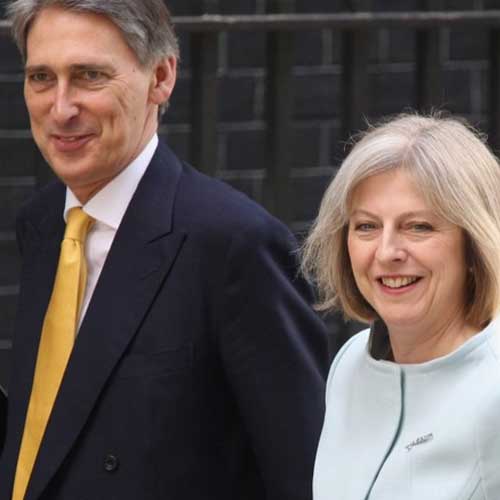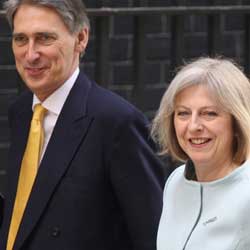The Spring Statement today marked the first point where the new Budget schedule will be used entirely, with one Statement and one Budget per year. The Statement will have no major tax or spending announcements unless timing warrants them but is really a short response to OBR (Office of Budget Responsibility) forecasts for the economy.
The Chancellor took just 25 minutes to go through his obligations stating that the economy is growing and is ahead of growth forecasts for this year. The growth for this year was revised to 1.5 percent but this still places the UK at the bottom of the G20 on OECD forecasts for growth. Inflation is forecast to fall to 2 percent by next year with wages to start rising at the same point in time.
Employment will continue to grow with forecasts showing an additional 500,000 people in work by 2022. Whilst there were no tax revelations the Chancellor did reflect that people are paying £1,075 less in tax since 2010 thanks to personal allowance and threshold changes.
UK debt per household is around £65,000 and cost of interest payments on debt is now at £50 billion per year.
There were many callbacks to the Autumn Budget from 2017 to show how changes were being successfully implemented - including 60,000 people having taken advantage of the stamp duty cuts for first-time buyers.
Brexit was touched upon briefly with a confirmation that £1.5 billion or half of the Brexit planning fund has now been allocated to departments and administrations.
Business rates revaluation will be brought forward one year to 2021 in order to help businesses get bills more in line to the actual rental values.
A number of consultations were announced, the results of which will be discussed at the end of the year in the Budget. This includes:
- Tax on single-use plastics to reduce waste and environmental effects.
- Changes to how multinational digital businesses are taxed in order to curtail tax avoidance.
- Discussion on how to increase digital payment uptake whilst reducing cash-based laundering and tax evasion.
- Discussing creating a tax-relief for people who are self-employed or employed and paying for their own training. This would be aimed at employees who are not refunded by work for training courses and self-employed people who train to attain new skills - both of which are currently provided the benefit of tax relief.



